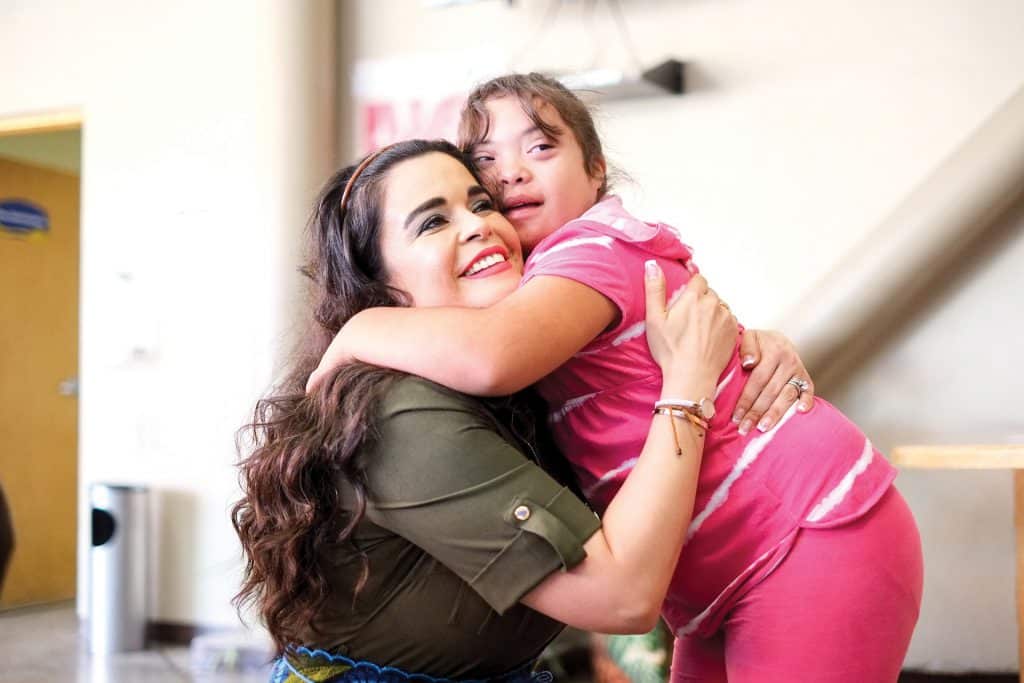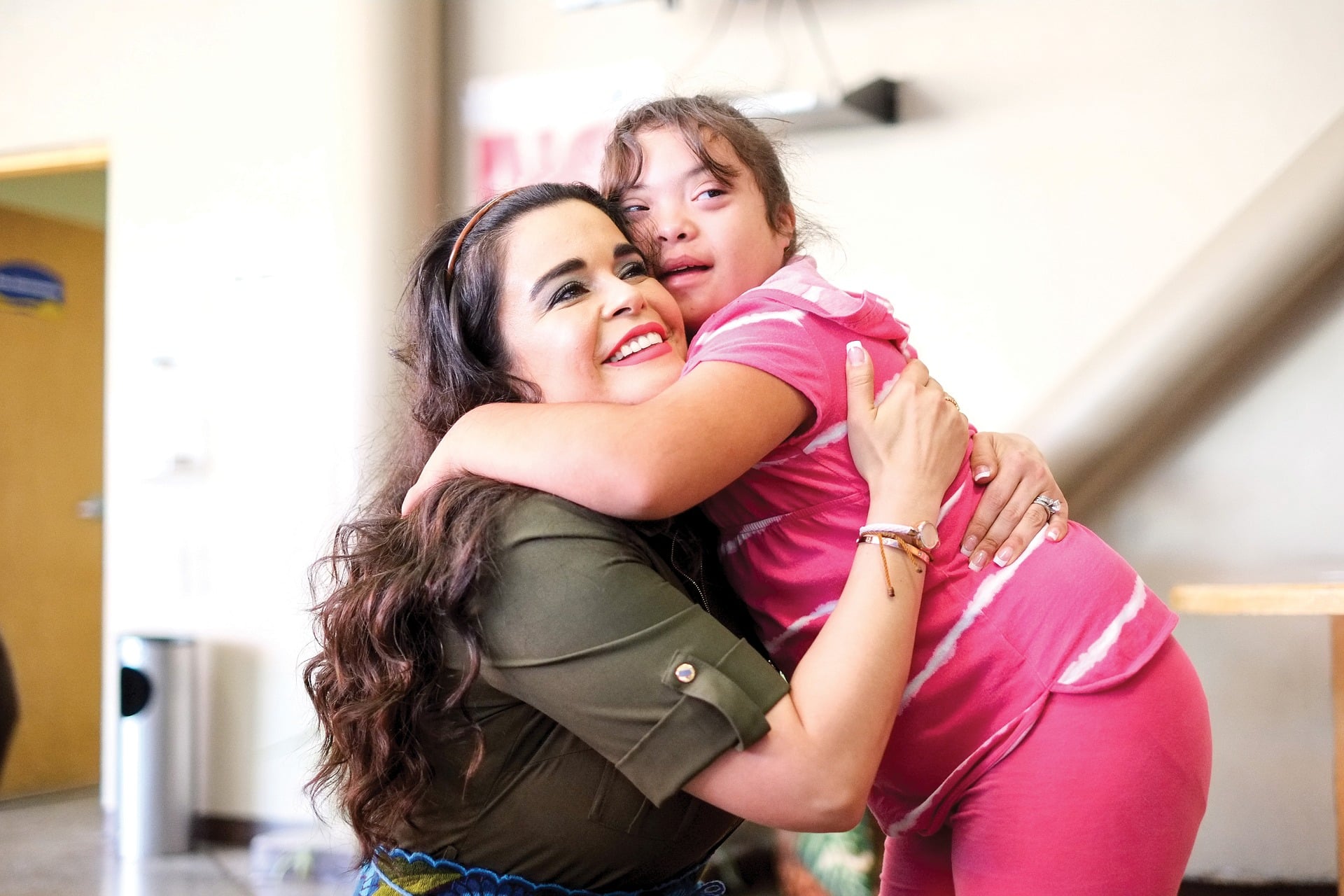
Will the government stop funding Special Olympics in 2020?
Kaitlyn Lundy, Staff Writer
Photo courtesy of Pixabay.com.
Betsy DeVos, U.S. Secretary of Education, recently worked alongside Donald Trump on the 2020 budget proposing severe cuts to the education system in order to provide more money for military funding and homeland security.
The proposed budget cuts areas include private vs. public school funding and student debt, but the public is largely concerned with funding reduction to programs such as Special Olympics.
When asked about this program specifically, DeVos stated that she personally supports the program, but that the government cannot support all programs. She added that Special Olympics is a private organization, greatly supported outside of federal aid.
She furthered her argument by saying that the program has continually had a strong philanthropic support system and that she herself has donated to it in the past.
The proposed budget will take 5% from the Education Department. This equates to about $3.6 billion, $18 million of which previously helped fund the Special Olympics. The overall budget for the education department in 2020 was discussed to be set at $64 billion, decreasing the amount by $7 billion from the previous year.
DeVos as well as Trump are receiving backlash due to this significant cut. It is expected that the president will face push back from Democrats within the House of Representatives.
For those unfamiliar with the program, Special Olympics is a program across the country in which students with various disabilities are able to participate in sports activities that encourage inclusion within schools.
This program reaches 6,493 schools. In South Carolina, there are 24,848 athletes involved in the events held throughout the year.
DeVos mentioned that education spending has seen a dramatic climb over the past 40 years, but that the overall quality of the education system has not changed to the same degree at all.
The Department of Education, specifically DeVos, wishes to take the opportunity in the next year to reestablish priorities, shifting the focus to charter schools and lower level scholarship opportunities.
In addition, the proposal is introducing a broader set of choices for families seeking education for their children. Representatives such as DeVos are introducing the idea that $5 billion in tax credits would go to state-authorized nonprofit education scholarship-granting organizations.
According to the budget, this would provide financial support to families that can be used for “career and technical dual-enrollment programs, after-school tutoring programs, tuition for private schools, courses not available in their assigned schools, special education services and additional qualifying public education expenses.”
Due to the multitude of backlash that DeVos is facing from politicians and the pubic alike on her view of how the government should spend their money on education, it will be interesting to see which policies stick when the budget is approved for next year.
This time last year, DeVos brought forth multiple ideas for budget cuts within the education department, many of which were denied by Congress. There is a possibility of this happening again with this year’s budget, depending on the division of political parties and their policy between the House and Senate.

